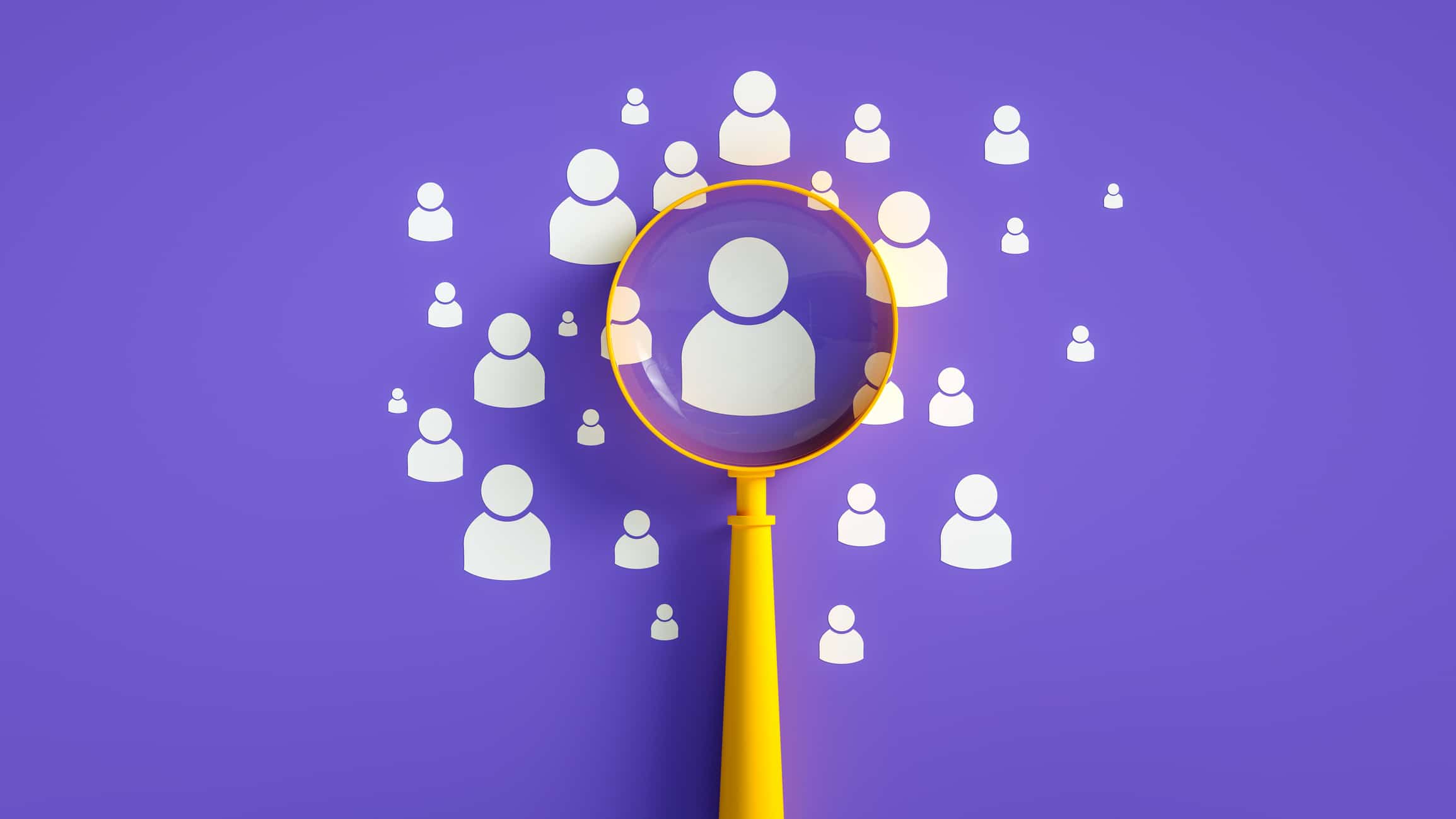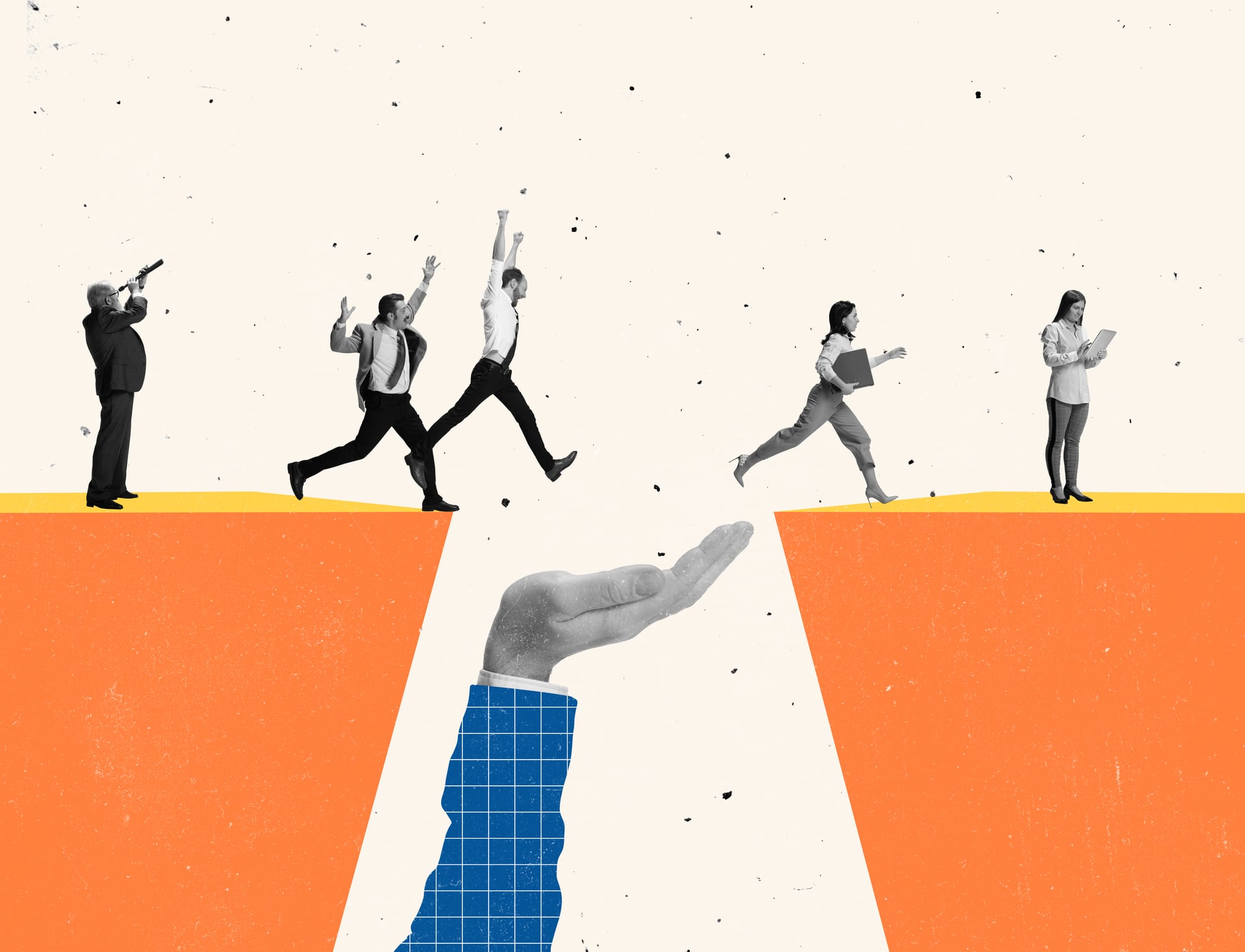|
Getting your Trinity Audio player ready...
|
Possible fields of application and limits of AI in HR activities
The possibilities that AI is already offering in HR are revolutionary! Taking a look at the HR life cycle makes clear that AI is already adding value to numerous areas. When looking for jobs, candidates increasingly request information, recommendations, articles and blog posts on relevant topics, which provide them with guidance as well as expert insights into areas of work and deepen the perceived relationship between the company and the applicant, thus significantly enhancing the employer image. AI can update and supplement these articles and analyze what content potential applicants want from the company. This perceived presence of a company significantly increases its attractiveness as an employer.[1]
AI also makes it possible to find the best talents faster and more efficiently, as algorithms are able to analyze applicants’ behavior and provide them with personalized job recommendations based on their skills, interests and career goals. As a result, companies can actively approach the potential talents who best match the job openings. This opens up completely new ways to connect employees and companies and thus expands the pool of potential talents enormously.
AI also provides valuable support in selecting and hiring new employees. It automatically analyzes application documents and evaluates candidates based on predefined criteria. Not only can this significantly reduce the error rate in recruitment, but also accelerate hiring processes by up to 20%. This process saves costs, because according to current calculations, the effort of filling a position averages EUR 46,000.[2] Consequently, a wrong choice doubles these costs! What’s more, only those companies who act quickly will still be able to successfully recruit employees on the labor market.
But it doesn’t stop there. AI can also help create individual development plans and recommend training schemes. By analyzing personnel data and behavior, it can identify exactly which schemes are most appropriate for each individual employee. And the best part: AI can also help identify talent and potential that may go unnoticed due to personal differences, for example. According to recent studies by Haufe, up to 20% of employees can be more reliably identified and thus promoted using AI-based talent management systems, which in turn increases productivity and, more importantly, better retains talent.
Data analysis is also a means to identify at an early stage which employees might want to leave the company. It’s worth noting that by using AI, up to 15% of employee turnover can be predicted![3] Based on these findings, targeted measures can be taken to keep employees “on board” and thus relieve the demands on personnel recruitment. Individual training offers and flexible work models are just some examples of how AI data can be used to encourage employees to stay.
Ultimately, AI offers HR departments the chance to finally achieve what has long been accepted, at least in theory: the intelligent automation of up to 40% of standard tasks and the freeing up of resources for dealing with strategic HR issues.
Even though these possibilities seem very promising, it’s often difficult to implement them, as AI also reaches certain limits. We need to address ethical issues, because the use of AI in HR poses the risk of privacy violation and discrimination. Additionally, human factors such as emotions and social skills can only be covered and considered by AI to a limited extent. This can be particularly problematic in personnel management and conflict resolution.
With all the benefits, we also need to consider the applicants’ perspectives
Many applicants believe that using AI in the application process increases objectivity and fairness compared to the traditional process. If the process has been developed using AI methods and with the target group in mind, candidates perceive it as “need-oriented”.
Besides the possibilities to accelerate processes, down the road, AI will also underpin the communication between applicants and potential employers. AI tools will be able to directly get in touch with applicants and answer basic questions. Whether it’s the start date or the desired salary, AI always stands by and responds to queries within the shortest possible time. In one survey, as many as 73% of respondents assumed that they had interacted with a “real” person.[4]
Participants under the age of 25 are particularly positive about use of AI. They appreciate not only the shorter response time when asking for information, but above all the company’s innovative strength, which crystallizes through the use of AI. Interestingly, an AI-assisted application process also has no impact on the intention to apply for a job, as further surveys revealed.[5]
On the flip side the use of AI in the selection process is viewed critically by applicants of all ages. They place great value on interacting with a real human being. The idea of a machine deciding whether to offer or decline a job causes discomfort among most applicants.
BankingHub-Newsletter
Analyses, articles and interviews about trends & innovation in banking delivered right to your inbox every 2-3 weeks
"(Required)" indicates required fields
Employees are the new gold – AI enables significantly improved employee retention
Thanks to AI, the HR department of the future will be much better at understanding employees across the organization: The technology captures the work rhythm, individual learning style and development potential of each individual. It detects when someone is in dire need of a vacation and whether they would benefit from reminders about annual targets or other strategic programs. Executives can customize their onboarding plans to inspire high performers and receive notifications when “motivation” is becoming an issue in their area of responsibility.
Going forward, the possibilities of AI will continue to augment, as it will not only be able to interpret words, but also perceive emotions. Harnessing this capacity in the best interests of employees and the company will be one of the key challenges in the synergy between business and codetermination!
In view of emerging new technologies, current personnel strategies must be scrutinized
HR departments will therefore have to come to grips with the possibilities of AI anytime soon – but without losing sight of the limits and risks. AI is a technological revolution that gives us the chance to completely rethink entrenched structures in our actions, in our organizations, and in the way we communicate and collaborate with each other.
The focus has to be on developing a personnel strategy that combines the best of both worlds, human and technical, and inspires employees to perform at their best! It’s time to seize this opportunity, improve the way we work, and use AI to drive change.






